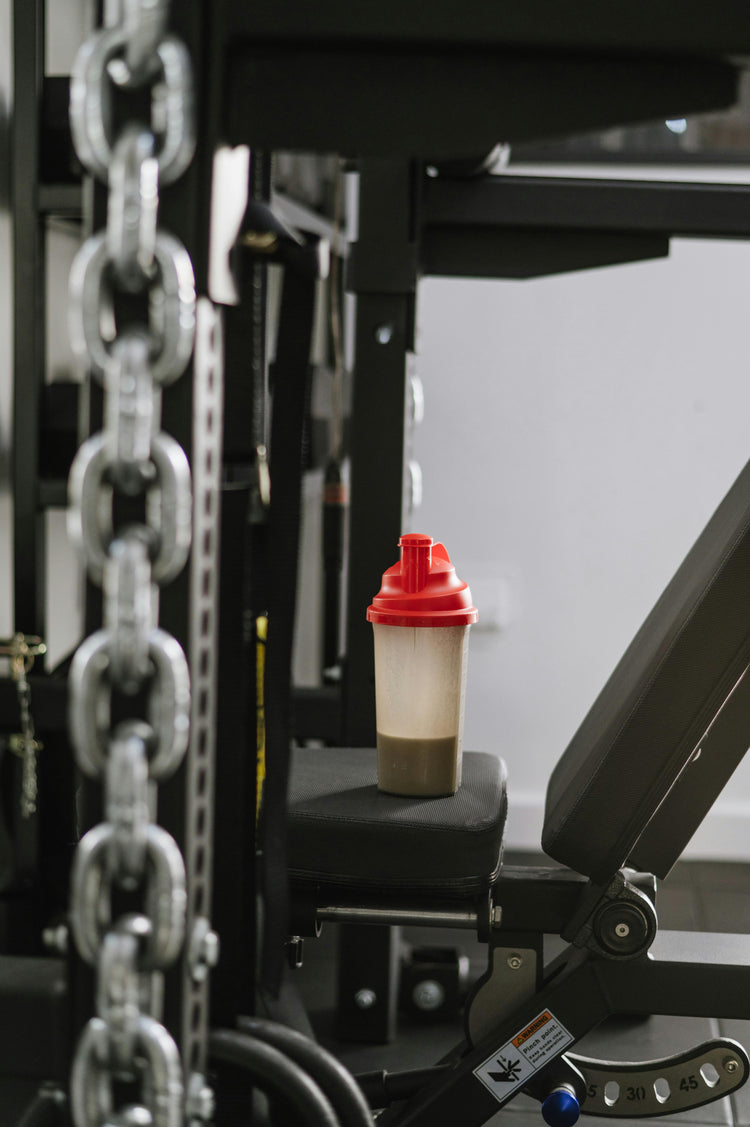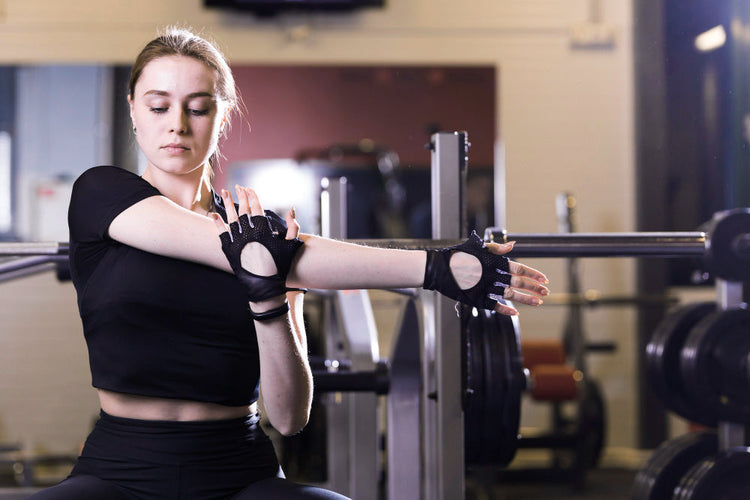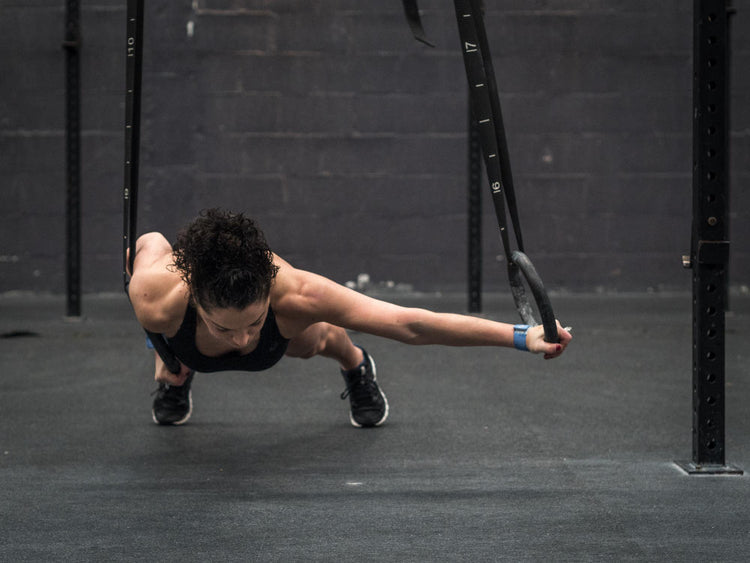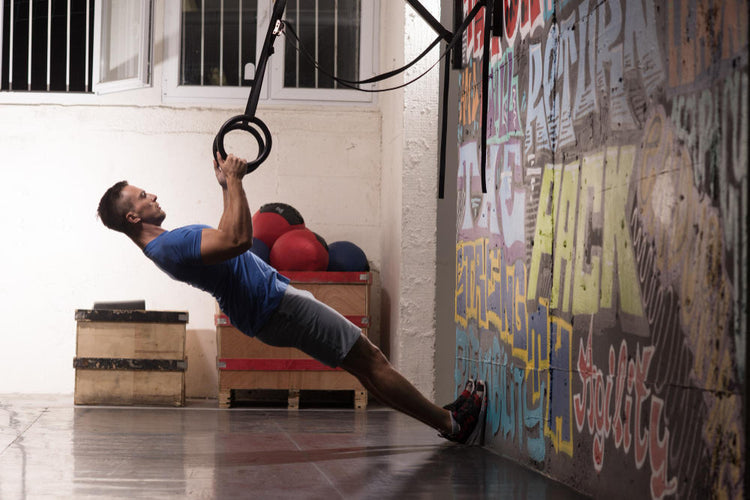
 Instagram
Instagram
What Does PR Mean in the Gym?


Related products

Introduction
In the realm of fitness and gym culture, the term PR, or Personal Record, carries significant weight. It denotes an individual's highest level of achievement in a specific exercise or workout regime. For anyone serious about sports performance, the term PR (Personal Record) is more than just gym slang—it’s a benchmark of progress, a motivator, and a symbol of dedication. Whether you're lifting, sprinting, or cycling, tracking your PRs helps structure your training and maximize your results. This article aims to demystify the concept of PR and explore how it influences goal setting, motivation, and overall fitness outcomes.
What Does PR Mean in the Gym?
PR stands for Personal Record. It represents the best performance an individual has achieved in a particular exercise or fitness activity. Dr. Emily Thompson, a sports psychologist, articulates its importance: "A PR is not just a number. It's a reflection of an individual's journey in fitness, encompassing their dedication, training, and progress." This statement underscores the role of PRs in providing tangible milestones in one’s fitness journey. They are not static figures but dynamic indicators of personal development and commitment to fitness goals.
Supplements that support recovery and energy—like the BioTechUSA BCAA + Glutamine Zero—can help your body prepare for and recover from PR attempts by promoting muscle repair and reducing fatigue.
The Role of PR in Fitness Training
The motivation derived from setting and surpassing one's PRs is a significant psychological boost. Dr. Thompson further explains, "The act of setting a PR and then striving to break it creates a structured and goal-oriented mindset, essential in any fitness journey." This structure helps individuals to not only see where they are but also where they could potentially reach, providing a continual source of motivation.
To push harder during those max-effort sessions, pre-workout supplements like the Raw Nutrition CBUM Essential Pre-Workout can enhance focus and drive, giving you the edge to reach a new personal best. Furthermore, PRs serve as valuable benchmarks. They allow for the assessment of progress in a quantifiable manner. According to a study published in the 'Journal of Sports Sciences', athletes who set and tracked PRs showed a 23% increase in sustained motivation over a six-month period compared to those who did not.
Types of PRs in Different Exercises
PRs are tracked in various exercises, each with its unique parameters. In weightlifting, a PR typically refers to the maximum weight lifted in a single repetition. Conversely, in running or cycling, it often denotes the fastest time to complete a set distance. Dr. Mark Davidson, a sports medicine specialist, states, "While the nature of PRs may vary across exercises, the underlying principle of surpassing one's best effort remains consistent." For athletes looking to increase muscle mass for strength-based PRs, supplements like Mutant Mass Extreme 2500 offer a dense calorie and protein load to support growth and recovery.
Each exercise demands a different set of physical and mental attributes, meaning the approach to achieving and surpassing PRs can differ significantly. In weightlifting, it might be about incremental increases in weight. In contrast, for running, it could be improving endurance or speed. These differences highlight the adaptability of the PR concept across various fitness disciplines.
In conclusion, PRs are more than just records. They are vital tools for motivation, progress tracking, and setting goals in the fitness realm. Whether it’s lifting weights or running, PRs provide a clear and objective measure of improvement, serving as a beacon for personal achievement and continual growth. This article not only defines what PRs are but also elaborates on their critical role in different exercises, offering a comprehensive understanding of their significance in the gym context.
Setting Realistic and Safe PR Goals
Setting achievable and safe PR goals is a critical aspect of fitness training. Dr. Laura Hughes, a sports medicine expert, advises, “Goals should be challenging yet attainable, considering one’s current fitness level, health status, and lifestyle.” She emphasises the importance of incremental progress rather than drastic leaps, which can lead to injury or burnout. It is also crucial to listen to one’s body. Discomfort and fatigue are natural, but pain and excessive strain are indicators that the body’s limits are being pushed too far.
A testosterone support supplement such as the Welzo Testosterone Supplement may assist individuals working on strength or endurance-based PRs, helping to maintain hormonal balance naturally over time.
Tracking and Recording PRs
Effective tracking of PRs is essential for monitoring progress. Fitness enthusiasts can use various methods, such as workout logs or digital apps, which allow for detailed record-keeping. These records should include not just the PRs themselves but also contextual information like diet, sleep patterns, and overall well-being on the day of the PR. This comprehensive approach helps in understanding the factors contributing to performance improvements.
The Psychological Aspect of PRs
Achieving PRs can significantly boost an athlete's motivation and confidence. Dr. Hughes notes, “Breaking a PR can be a powerful affirmation of one’s effort and commitment.” However, the pursuit of PRs can also bring mental challenges, including pressure to continuously outperform oneself. This can lead to disappointment or diminished self-esteem if expectations are not met. Balancing ambition with realistic self-assessment is key to maintaining a healthy psychological relationship with PRs.
PRs and Long-term Fitness Planning
PRs should align with long-term fitness objectives. As individuals progress, their goals will naturally evolve. Dr. Simon Patel, a fitness coach, suggests, “Regularly reassess your PR goals to ensure they are in line with your evolving fitness level and long-term aspirations.” This might mean adjusting the intensity, frequency, or nature of the goals to accommodate changes in physical capability, interest, or lifestyle.
Common Misconceptions and Mistakes
A prevalent misconception is that PRs are only about lifting heavier weights or running faster. However, they can also pertain to improved form, consistency, or endurance. Another mistake is the tendency to overtrain or neglect proper form in pursuit of a PR, which can lead to injuries. Dr. Patel warns, “The quality of the performance is as important as the achievement itself.” To support all aspects of training, intra-workout hydration can be key. BioTechUSA Isotonic Orange Mango helps replenish electrolytes and carbs lost during heavy sessions, ensuring you stay sharp and strong throughout.
Conclusion
In summary, PRs in the gym are multifaceted, serving as motivators, benchmarks, and tools for long-term fitness planning. Setting realistic and safe goals, tracking progress comprehensively, understanding the psychological impacts, and aligning PRs with long-term fitness objectives are crucial. It’s important to approach PRs with a balanced perspective, focusing not just on numerical achievements but on overall personal growth and health. This holistic view ensures that PRs remain a positive and sustainable aspect of one’s fitness journey.































 Rated Excellent by 26,523+ Reviews
Rated Excellent by 26,523+ Reviews